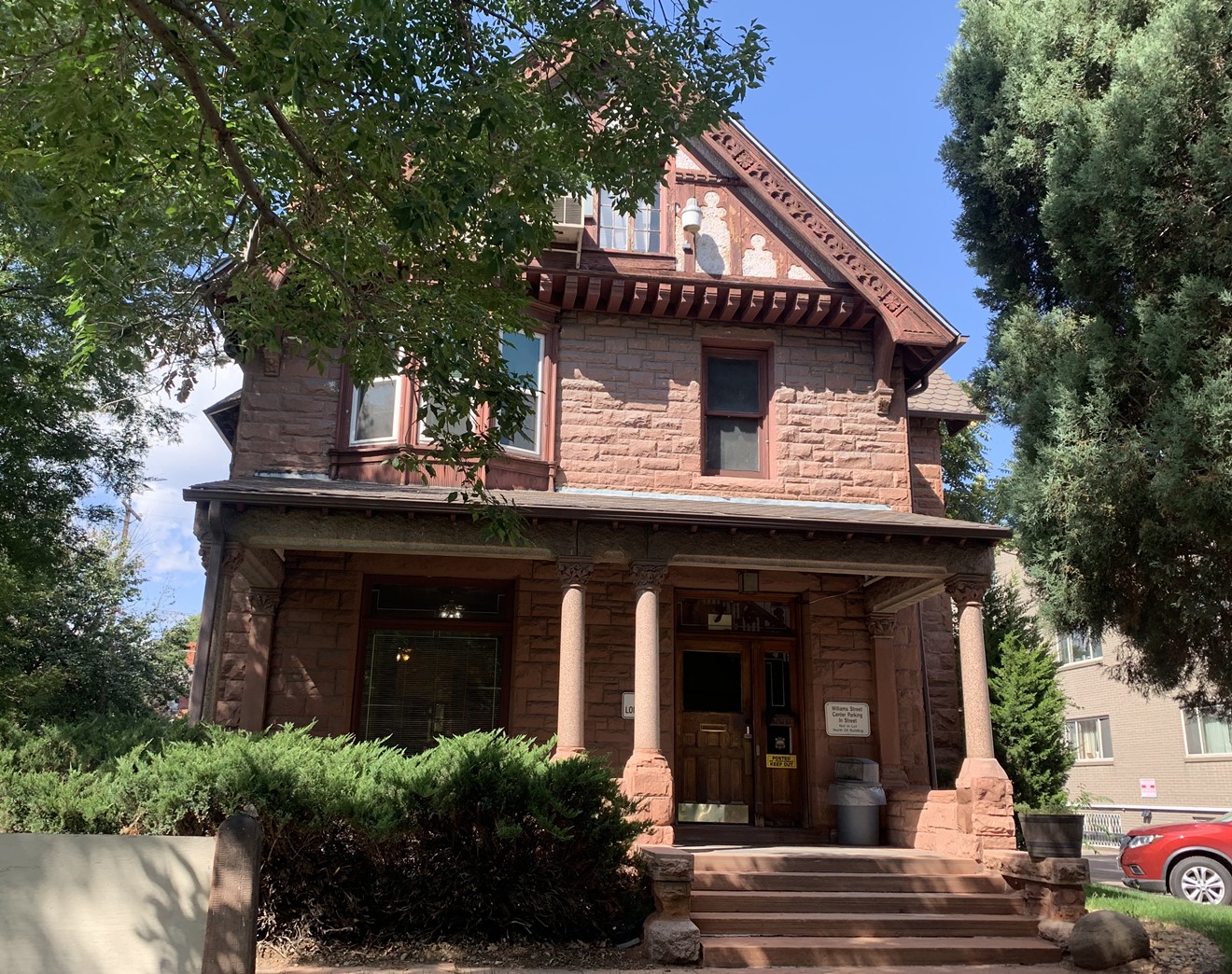At an August 2019 Denver City Council meeting, Greg Mauro, the head of the Division of Community Corrections, tried to convince councilmembers not to sever ties with two private prison companies that run halfway houses in Denver. Residents will end up back in prison if you don't renew these contracts, Mauro stated over and over again.
There was also Denver's restrictive zoning code.
"We've talked about zoning a little bit, but I think it's been ignored," Mauro said. "The reason that we have ten facilities operated by the four programs is because there are no other options for residential structure. So unless that changes, we'll continue to be right back where we are, with four providers that have ten buildings where this use can occur."
Council wound up rejecting the contracts with GEO Group and CoreCivic that night, sparking a crisis in which city officials had to scramble to figure out how to keep halfway houses as an option for recently released inmates. That dilemma is still unfolding, but a potential solution to the zoning issue for halfway houses is finally starting to form.
Last week, Community Planning and Development began unveiling proposed changes to Denver's zoning code that would make it easier for halfway house providers to operate in more areas throughout the city.
"Currently, community corrections facilities are limited to primarily just downtown and industrial-zone districts. This proposal would allow them in commercial districts, mixed-use districts and any other districts where residential care facilities are permitted but subject to the use limitations around spacing, density and size of facility," says Andrew Webb, manager of the Group Living Rules Update project, which the city has been working on since March 2018.
The proposed changes would also make it easier for other larger residential care facilities, like sober living homes of more than eight people, to open.
Mauro praises the proposed updates. "Zoning is such an essential thing for me in order to provide flexibility to select operators to [make sure] that we’re current on what structure and services should look like," he says.
The restrictive ordinance and zoning requirements for halfway houses stems back to a terrible incident that took place in 1999, according to Councilwoman Debbie Ortega. In February of that year, Donta Page, a parolee from Maryland, was kicked out of a halfway house in the City Park West neighborhood. A day later, Page raped and murdered 24-year-old Peyton Tuthill, who lived two doors from the facility. Page was sentenced to life in prison without the possibility of parole.
In the years that followed, new zoning restrictions mostly prohibited halfway houses from opening in residential neighborhoods, which is why so many of those facilities exist in industrial pockets of Denver.
"When you do that, you isolate these populations. We know they’re vulnerable populations and they have a hard time with transportation and you make it harder for them," says Mauro.
With the new zoning changes on the horizon, Mauro says it's possible that halfway house providers could operate smaller facilities in residential neighborhoods. According to the proposed changes, a halfway house operator would need to hold a community meeting with nearby neighbors before launching into the city's permitting process.
But Ortega says halfway house providers aren't likely to consider smaller facilities.
"For any of these facilities to work, you have to have economies of scale. You're not going to see a lot of places in neighborhoods with small numbers of people because the numbers don't work. You've gotta pay for all of your overhead," she says.
City council will likely consider the zoning code updates in mid-summer. Then, it will take anywhere from six to twelve months for new halfway houses to get up and running, Mauro predicts.
In the meantime, city officials are working to increase current halfway house capacity. As part of that effort, Denver has almost fully closed on its purchase of Tooley Hall, a halfway house owned and operated by private prison company GEO Group. And an advisory group formed to deal with the city's halfway house conundrum is recommending that council approve extensions of the contracts with the four CoreCivic halfway houses that would last until June 2021.
City officials would like members of the public to hear about the proposed changes and comment on them at four public hearings scheduled for February and March. More information about them can be found here.
[
{
"name": "Air - MediumRectangle - Inline Content - Mobile Display Size",
"component": "12017618",
"insertPoint": "2",
"requiredCountToDisplay": "2"
},{
"name": "Editor Picks",
"component": "17242653",
"insertPoint": "4",
"requiredCountToDisplay": "1"
},{
"name": "Inline Links",
"component": "18838239",
"insertPoint": "8th",
"startingPoint": 8,
"requiredCountToDisplay": "7",
"maxInsertions": 25
},{
"name": "Air - MediumRectangle - Combo - Inline Content",
"component": "17261320",
"insertPoint": "8th",
"startingPoint": 8,
"requiredCountToDisplay": "7",
"maxInsertions": 25
},{
"name": "Inline Links",
"component": "18838239",
"insertPoint": "8th",
"startingPoint": 12,
"requiredCountToDisplay": "11",
"maxInsertions": 25
},{
"name": "Air - Leaderboard Tower - Combo - Inline Content",
"component": "17261321",
"insertPoint": "8th",
"startingPoint": 12,
"requiredCountToDisplay": "11",
"maxInsertions": 25
}
]












